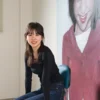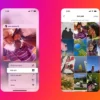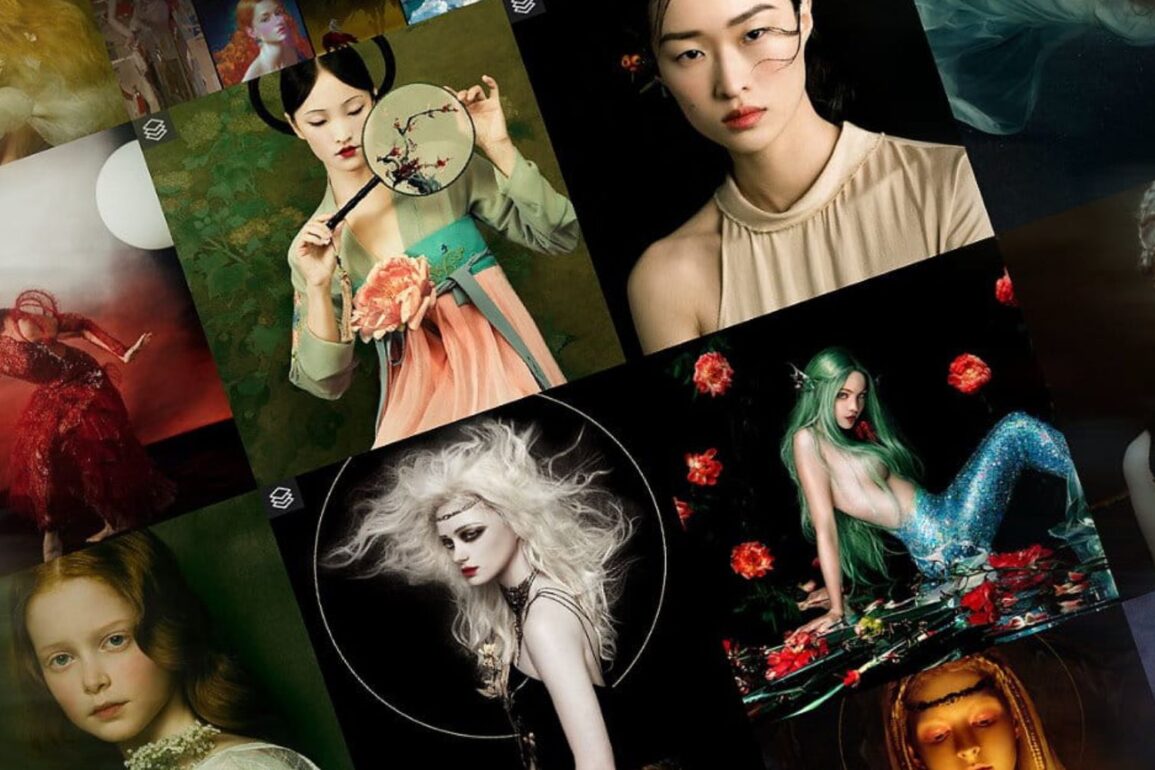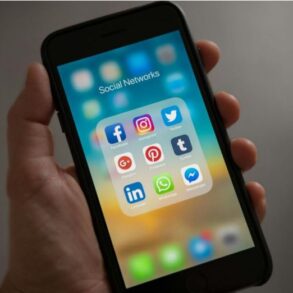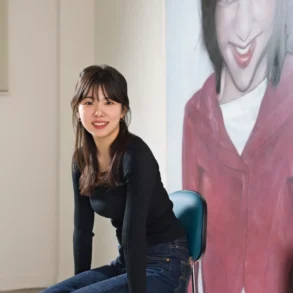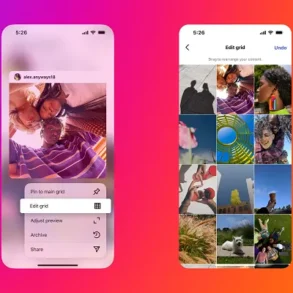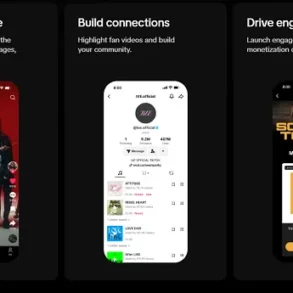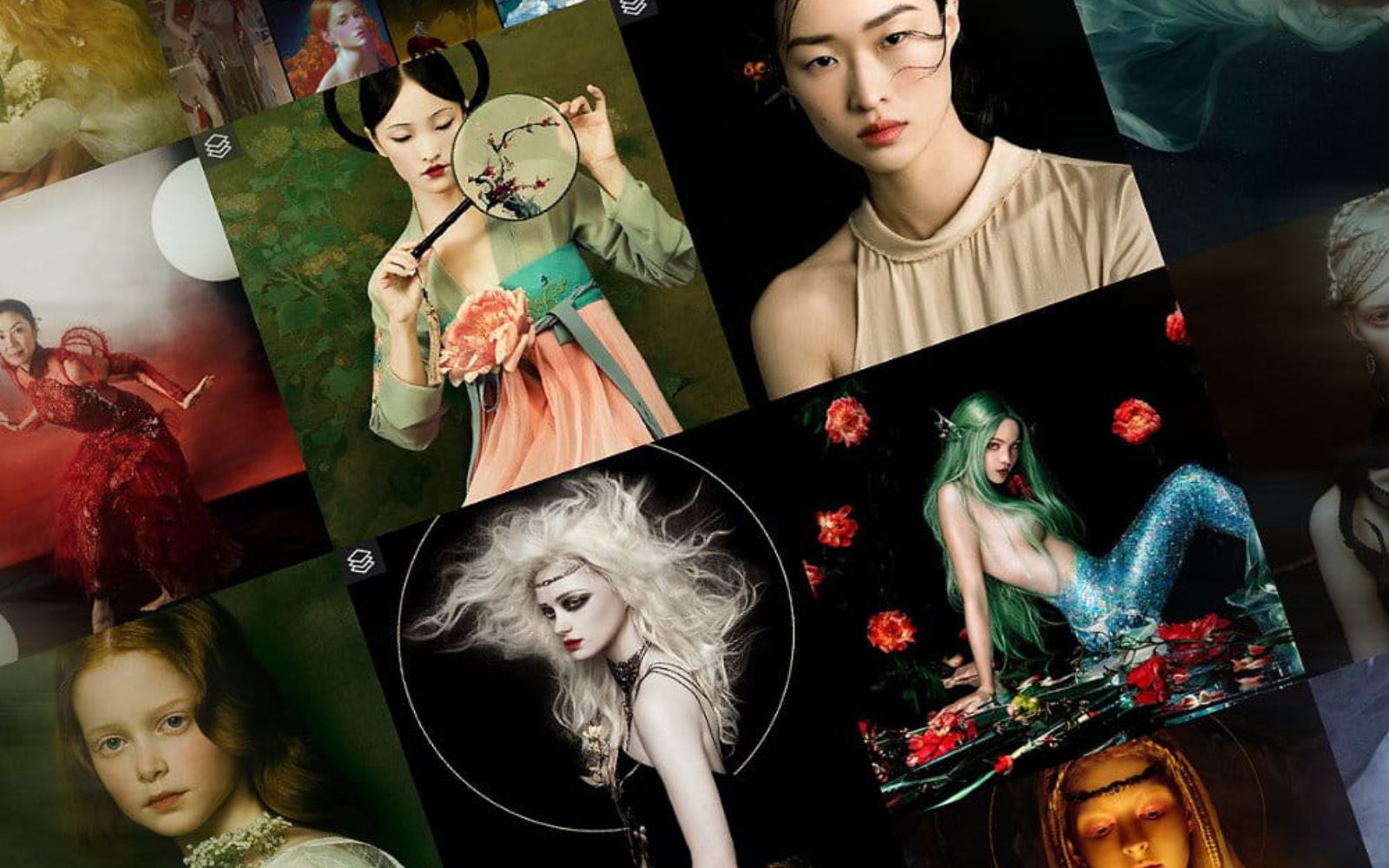
The message is clear. Artists are fed up with platforms that steal their works to benefit artificial intelligence. Last week, hundreds of thousands of photographers, illustrators, and designers massively joined Cara, a social network created by artists, for artists, that completely bans AI. The number of users increased from 40,000 to 650,000 in one week, a real feat that catapulted the platform into the ranking of the most downloaded apps. The specificity of Cara is that it strictly prohibits AI in a context where automation threatens the intellectual rights of artists and creativity in general. The platform, which presents itself as a media-portfolio, ensures the protection of shared works thanks to the Gaze filter and bans all AI-generated art.
I won. I won my appeal.
The Luxembourg court has ruled that Jeff Dieschburg infringed upon my copyright when he used my work without consent.
Using a different medium was irrelevant. My work being ‘available online’ was irrelevant. Consent was necessary. 1/ pic.twitter.com/f9GrmUScCY
— Jingna Zhang @ cara.app/zemotion (@zemotion) May 10, 2024
A necessary escape for artists after Meta announced that it would use its users’ content to train its AI. An even more crucial necessity for non-European creators who do not benefit from similar laws to the GDPR unlike their colleagues on the Old Continent. Cara was founded by Jingna Zhang, a renowned photographer known for her fights for artists’ rights. The young woman recently won on appeal a case in Luxembourg against a painter who usurped one of her photographs she had taken for Harper’s Bazaar. «Using another medium was not relevant. The fact that my work was “available online” did not matter. Consent was necessary», she wrote proudly on X. The photographer and three other artists are also suing Google for allegedly using their copyrighted works to train Imagen, an AI image generator. She is also a plaintiff in a similar lawsuit against Stability AI, Midjourney, DeviantArt, and Runway AI. In an interview with TechCrunch, Zhang analyzed as follows: «When it comes to art, unfortunately, we have a fundamentally different perspective and viewpoint, because on the tech side, there is this strong history of open source, and people simply think, well, you put it online, so it’s for people to use». She continues: «But for artists, it’s part of our person and identity».
The wall of resistance against generative AI is consolidating thanks to artists who rebel against multinationals even though it is a David versus Goliath battle. Awareness also seems to be arriving at companies. For example, Dove has committed to never using AI-generated models and to continue representing only «real women». For now, AI and ethics seem doomed to be oxymorons due to the nature of the former. Moreover, public opinion seems to be becoming increasingly vigilant about the intrusion of AI into their daily lives. Only time will tell if a world will exist where generative technologies will be in harmony with human rights.
This post was originally published on this site be sure to check out more of their content


